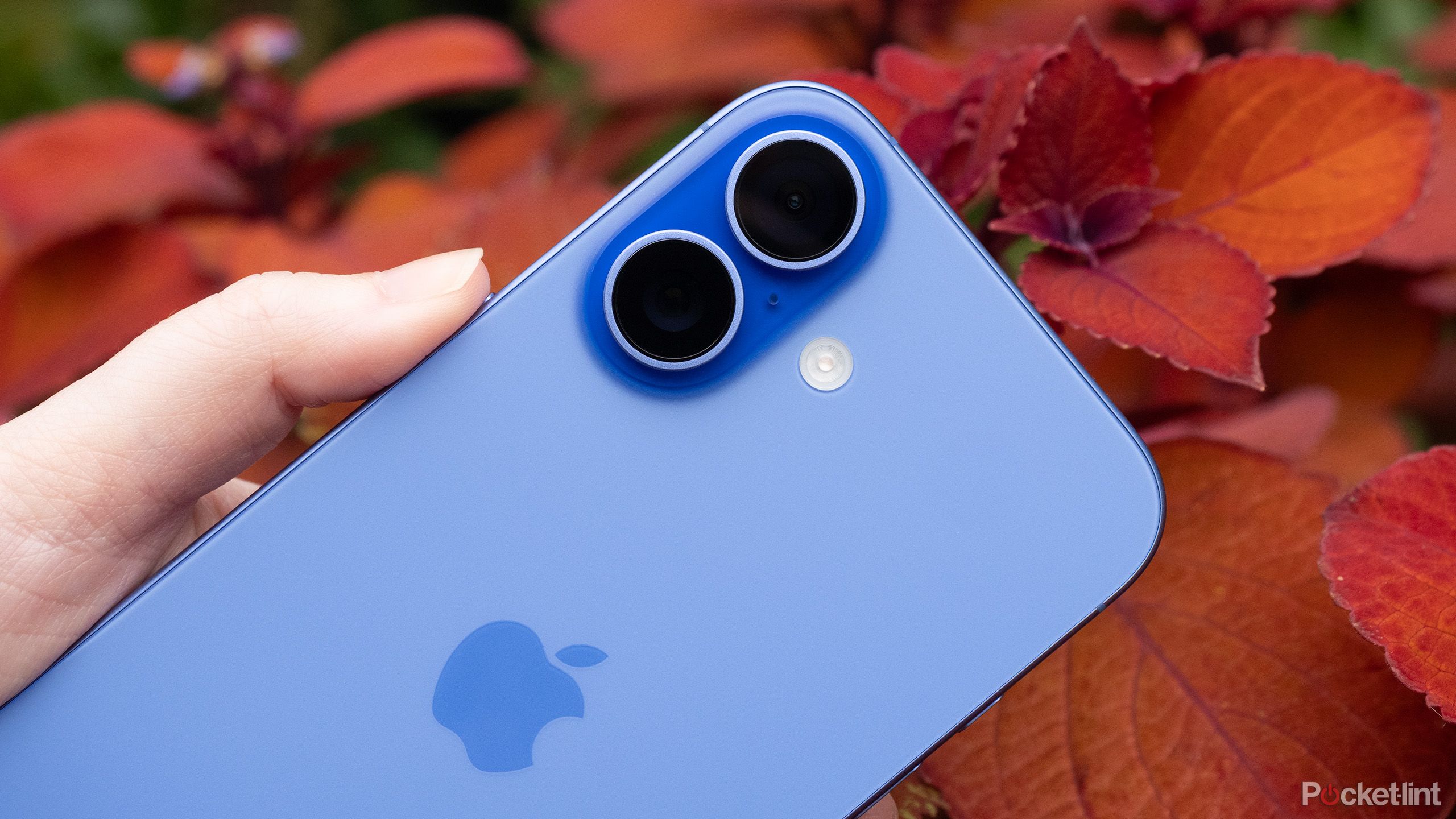Dyson’s latest air purifier detects and destroys Formaldehyde from wood and cleaning products

Dyson has launched an upgrade to its air purifier range with the new machines known as the Dyson Purifier Formaldehyde – you can already guess what its key selling point is.
That’s right, it now removes and destroys formaldehyde in your home. Available in both TP09 Cool and HP09 Hot+Cool variants, the new machines are almost the same as the Pure Cryptomic series that’s previously been out in the US. However, those machines weren’t announced in the UK.
The devices also have quieter airflow (around a 20 percent reduction in noise for the TP09) with no impact on performance says the company. The new capability means the purifiers can remove 99.95% of particles as small as 0.1 microns.
As before the purifers are designed to capture dust and other allergens including VOCs or volatile organic compounds. They include Cryptomelane catalytic filters that work to break formaldehyde down into water and carbon dioxide.
Formaldehyde is a colourless gas pollutant, released by furniture and other wooden products including certain types of materials like plywood. It’s also released by paint, wallpaper, varnish and household cleaners.
The formaldehyde sensor adds to the existing particle, NO2, VOC, temperature and humidity sensors. Some clever algorithms also ensure there’s no confusion between Formaldehyde and other VOCs and distinguishing between the types of VOC is the key thing new this time around.
The purifier’s display can also show you Formaldehyde levels on the small display as well as more general air quality stats. It also works with the Dyson Link app, like other Dyson products.

Dyson says the machine’s formaldehyde sensor is solid-state using an electro-chemical cell rather than being gel-based, so won’t deteriorate over time (because gel-based sensors dry up).
squirrel_widget_234173
The company has also ensured that air isn’t able to bypass the filter while making sure no air is able to interfere with the purification process. To do this, Dyson engineers had to introduce an extra 24 high-pressure seals into the machine. As a result, the machines have achieved HEPA 13 certification.




